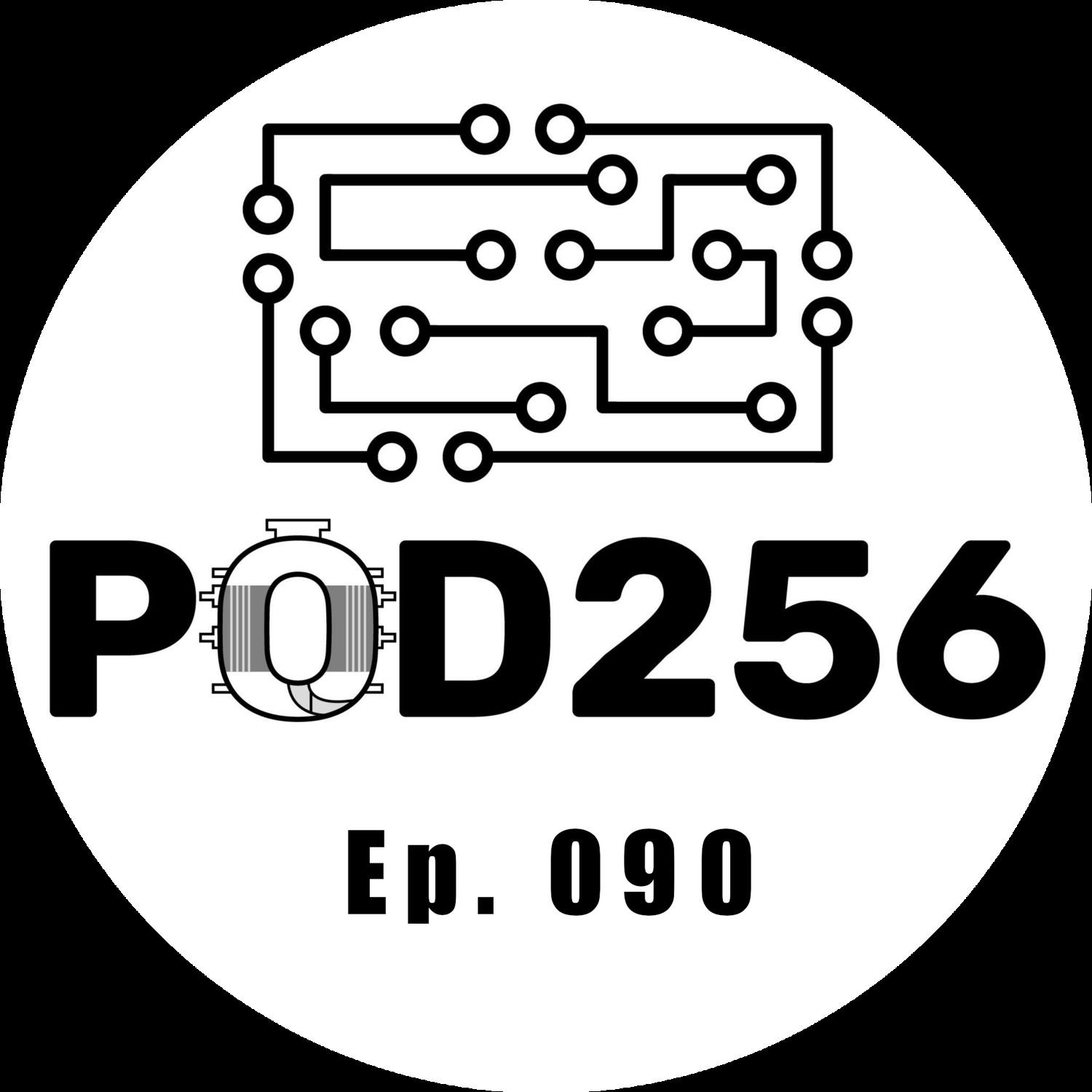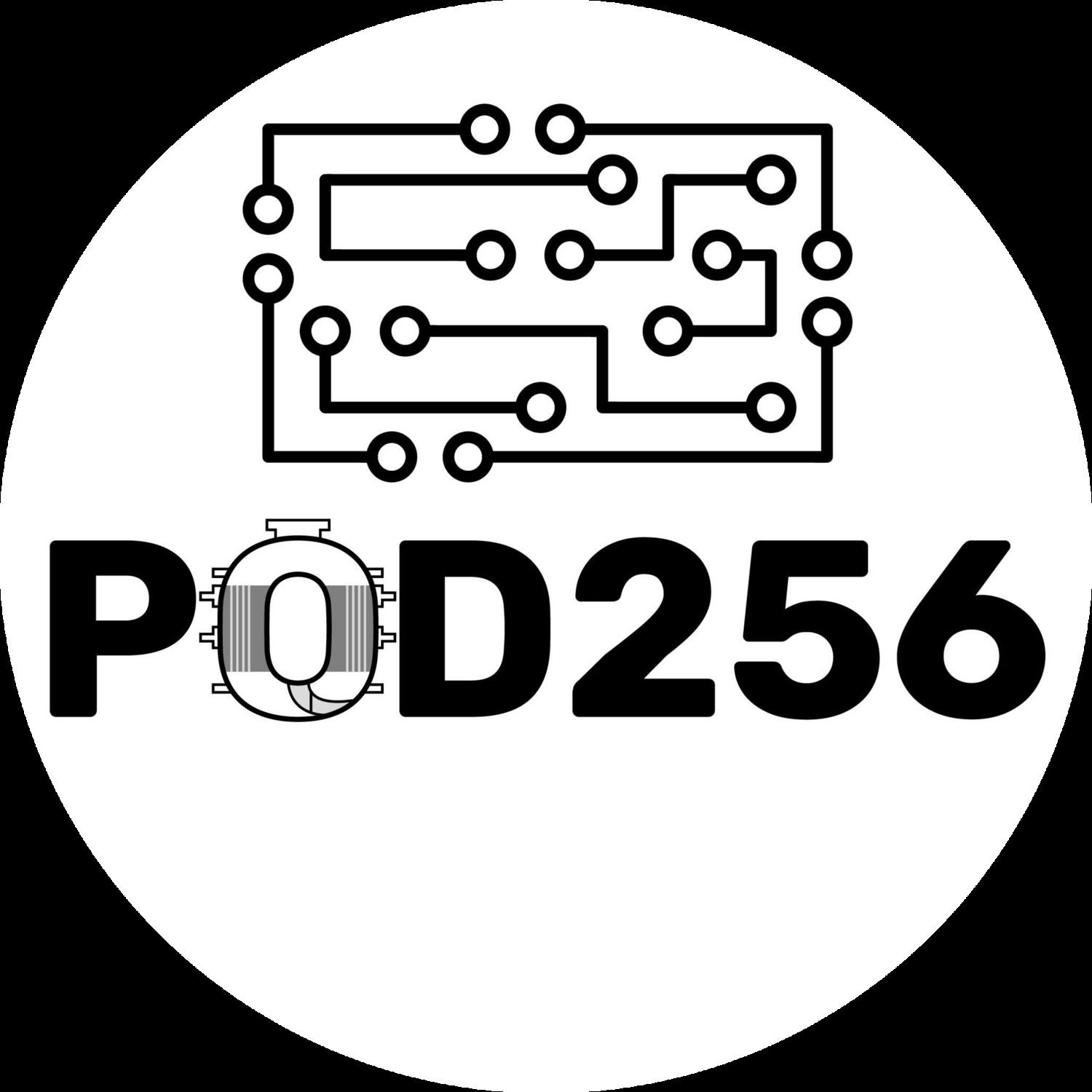15 October 2025
090. Make Every Meetup a Pool: Stratum v2, Hole Punching, and Open Mining - E90

In this episode of POD256, we go deep on open-source Bitcoin mining with live updates from TabConf. We kick off with some tax-day banter and quickly shift into the real meat: the imminent release of Mujina; an open-source, Rust-based, modular mining firmware designed for flexibility (think hot-swappable hashboards, per-chip capability-aware work assignment, and embedded Linux distro ambitions). We discuss the Ember One hashboard iterations, pragmatic scope control, and why a community-driven, iterative approach matters. Then we dive into HydraPool, our open-source, one-click, low-friction Stratum v1 pool initiative: why we moved from a CKPool fork to a fresh Rust stratum server, PPLNS design trade offs, verifiable share accounting via API streams, and breaking legacy limitations like coinbase output caps imposed by vendor firmware.
From the floor at TabConf, Skot and AverageGary join to showcase Stratum v2 progress packaged for Start9, NAT traversal via hole-punching (Iroh), and the vision that every meetup can host its own pool. We explore encrypted, binary Stratum v2; coinbase privacy; integrating Rust tooling (BDK/LDK/ASIC-RS); and practical features like dummy work for heat reuse and load management. We compare payout mechanics (Ocean, Datum/TIDES, DMND SliceJD with job-declared fees), custody nuances, and eCash/eHash concepts for flexible, local pool accounting. We wrap with real-world updates: home-assistant-driven solar-aware mining control, shout-outs to our hasher community, Telehash plans, and why smaller, faster nodes and decentralized pools will birth more economic nodes. It’s a dense, nerdy, forward-looking tour of the open mining stack becoming reality.
